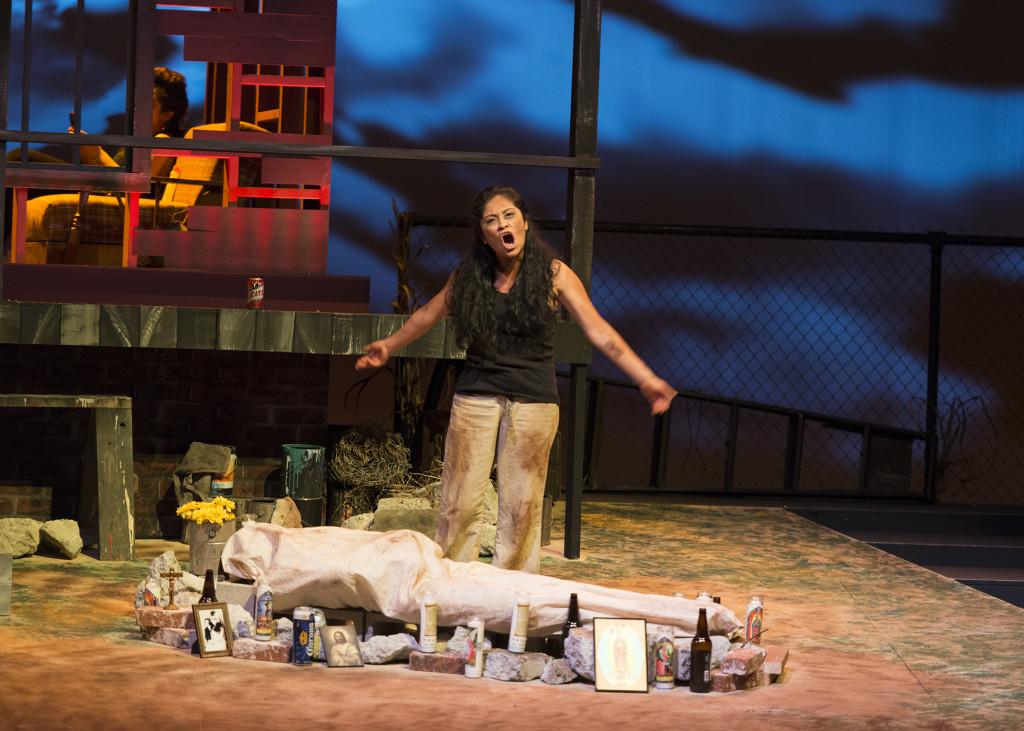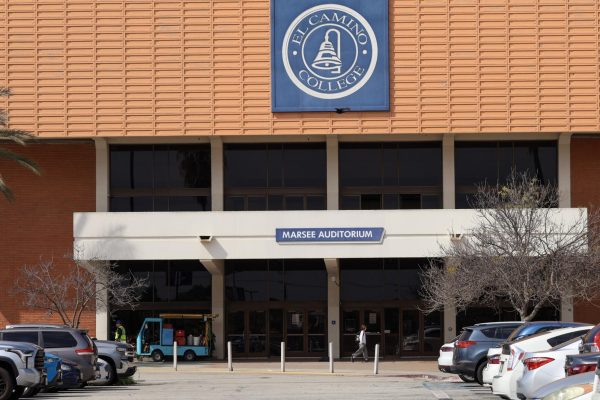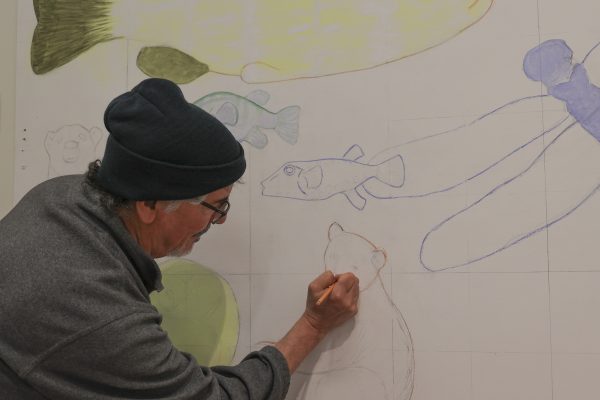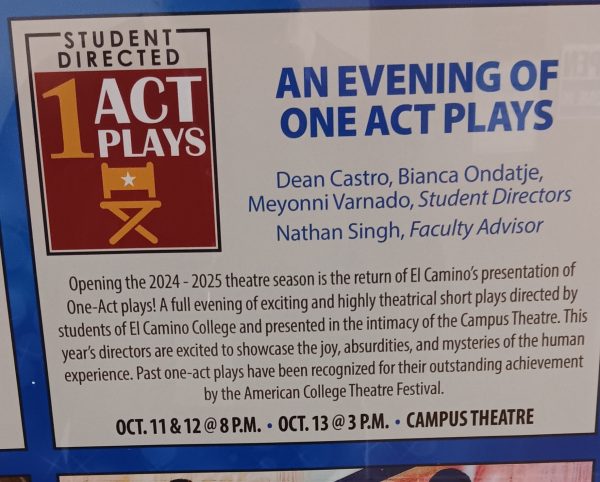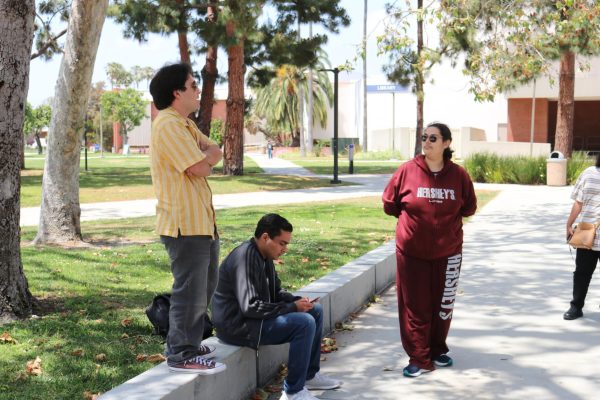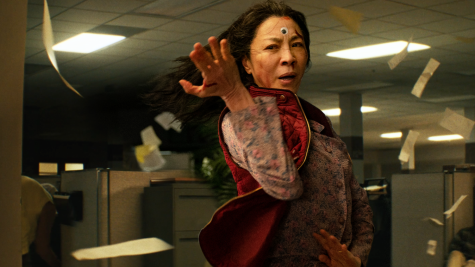Greek tragedy meets East L.A.
As the East Los Angeles chola mourned by her father’s grave, she pondered whether or not she should avenge the death of her father by killing her mother.
This high concept of the Greek mythology “Electra”, written by Luis Alfaro, the play “Electricidad” takes place in Pico Union of downtown Los Angeles and is based on a 13-year-old girl who poisoned her mother because she put a hit out on her father.
“It was interesting in the changes he (Alfaro) made, because the Greek version is so dense and he made it conversational,” director, Carolyn Almos said.
Generational gangs and peer pressure are just some of the inner-city issues that Alfaro’s play tackles. The Latino influence in this play served as a perfect demographic to have performed at EC.
“I chose this play because it’s visceral. I’m the type of person who thinks you can talk about anything and this play promotes that. I thought it would be a great fit for this school and I knew of Luis’ work and I was a fan,” Almos said.
This play had a lot of Spanglish, but it didn’t stop Almos from selecting a diverse cast.
“I didn’t necessarily look for just latinos when choosing people during auditions but I asked everybody if they spoke Spanish, and how well because they had to be able to handle the Spanish,” Almos said.
One performer spoke about how he got help from other cast members on the Spanish in the play.
“It wasn’t too hard because a lot of cast members speak Spanish so they helped me out with correct pronunciation,” Lorne Stevenson, 24, theatre major said.
With endless nights of rehearsals, cast members built relationships beyond just their characters.
Although this play was made on the basis of a Greek tragedy, he used different cultural aspects of being a Latino-American in downtown L.A. as a comedic relief.
“Just the balance between the comedic elements and the more serious subject matters, so making sure the comedy was funny but not to over the top, and making sure tragedy was tragic but it doesn’t overshadow the comedy,” Stevenson said.
An illness to the main character in the play made Almos select a new performer to fill in as abuela.
“We had an abuela that stepped in last week and did an amazing job, and our original actress Jenny Magnani got vertigo so that was a challenge, but everybody rallied together,” Almos said.
Building off-stage relationships and getting the chemistry on stage helped make their transitions easier during the play.
“The camaraderie between the cast, especially the vecinos (neighbors) were very close, tight knit. A lot of our lines were a big sentence that was split between all of us, so we had to become like one person,” Stevenson said.


